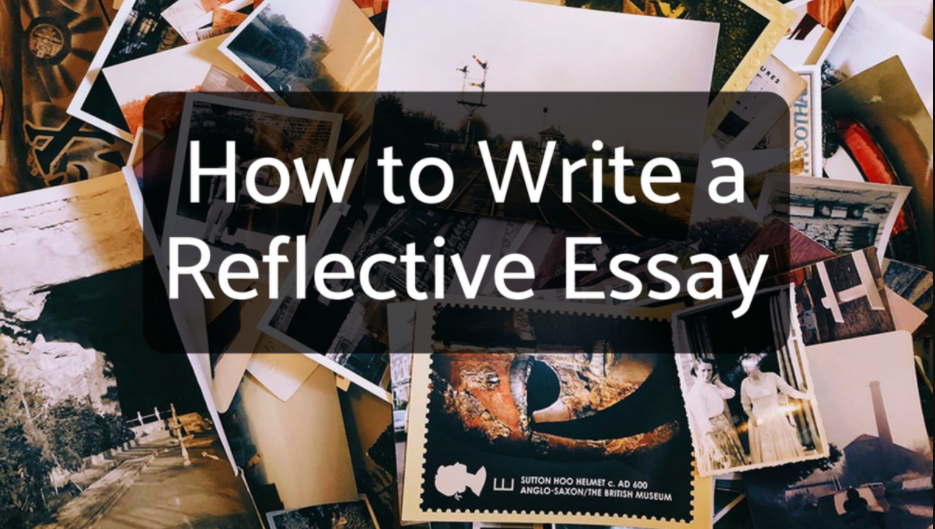How to write a Reflection Paragraph in an Assignment?

The Oxford Dictionary defines the term ‘assignment’ as ‘a task or piece of work allocated to someone as a part of a job or a course of study’. But for students, ‘assignment’ is nothing but a synonym for what we call a ‘nightmare’.
Assignment Hippo Experts is the panacea for all such students. Trusted by millions of students for over a decade now, it works towards producing high quality, well researched, plagiarism-free assignments written by experts in their respective fields. There are a multitude of online assignment help services and choosing the right one is always going to be done by a trial and error method. But with us, you will not regret this choice. We bless you with seasonal discounts in order to sew up the hole in your pocket while achieving high distinction. Serving as both an efficient time saver and the perfect stress buster, Assignment Hippo Experts is definitely an incredible source of online assignment help.
What Reflective Writing is
- Your responses to experiences or opinions or events or thoughts or feelings or any such new information.
- A way of thinking that helps you dive deeper into knowledge and explore your learning.
- A golden opportunity to gain self-knowledge.
- A means of achieving clarity and a better understanding of what you are learning.
- A chance to develop and reinforce writing skills.
- A way of giving meaning to what you are studying.
What Reflective Writing is not
- Just conveying information, instruction or an argument.
- Pure description of something.
- A straightforward decision or judgment about something.
- Simple problem-solving.
- A summary of something.

REFLECTIVE PARAGRAPH
A reflection paragraph simply speaks about what your thoughts are on something, rather than a summary or a description of that something itself.
Why is reflective writing important?
We reflect quite naturally in our day to day lives, thinking about things that have happened, why they happened, whether we handled them well. In academia, you may be asked to formalise your reflections to show that learning is taking place.
“It is not sufficient to have an experience in order to learn. Without reflecting on this experience, it may be quickly forgotten, or its learning potential lost”
(GRAHAM GIBBS, 1988)
How to write a reflective paragraph?
Writing reflectively for the purposes of an assignment should not involve merely describing something that happened. Nor does it mean pouring out everything you think and feel in a totally unstructured way. Reflective writing requires a clear line of thought, use of evidence or examples to illustrate your reflections and an analytical approach.
Models of Reflective Writing
Schön’s model of reflection in and on action (1983)

REFLECTION IN ACTION: Experiencing? Thinking on your feet? Thinking about what to do next? Acting straight away.
EXAMPLE
- You are in a lecture and keep being distracted by thinking about what to have for lunch.
- You want to get the most from the lecture so need to find a way to help you focus.
- You decide to start making some notes of the key points.
REFLECTION ON ACTION: Thinking about something that has happened? Thinking about what you would do differently next time? Taking your time to perform the next action
EXAMPLE
- You notice that sometimes after a lecture you can’t remember what was covered.
- You find out about the lecture topic in advance and write down some questions you want answered.
- You make notes during the lecture to help you focus.
- You arrange to go for a coffee after the lecture and talk with your peers about what was presented, to help you understand and form your own opinions.
- You file your lecture notes and any handouts
Gibb’s Reflective Cycle (1988)

|
DESCRIPTION |
What did you do? What was the context? Where did it happen? How did it happen? What happened? (Keep it relevant, give background information to the point) |
|
FEELINGS |
What were you thinking? How did you feel? (Before and after the incident) |
|
EVALUATION |
What made you happy/ unhappy about the incident? What was good/bad about the experience? What were your reactions? (look at both sides to the situation) |
|
ANALYSIS |
Why did things happen the way they did? What sense can you make of the situation? Are there any perspectives that challenge your views? What might have helped or hindered you? |
|
CONCLUSION |
What else could you have done? What have you learned? What can you change in the future? (Come to a general as well as a specific conclusion) |
|
ACTION PLAN |
If you find yourself in a similar situation again, what would you do? What are you going to do differently next time? What steps are you going to take on the basis of what you have learnt? |
Concluding on a Reflective Note
Reflection is a useful process even if you have not been set a specific reflective assignment. It helps you to make sense of and learn from your experiences. Many degrees involve assessed reflective writing. This is to allow you to demonstrate that you can think critically about your own skills or practice, in order to improve and learn. It is important to analyse rather than just describe the things you are reflecting on, and to emphasise how you will apply what you have learned.
Hope this article helps you include good and well versed reflective paragraphs in your assignments. Assignment Hippo Experts provides you answers to many such questions and guides you in writing high-quality assignments. So, visit the website and pump up your confidence and grades!